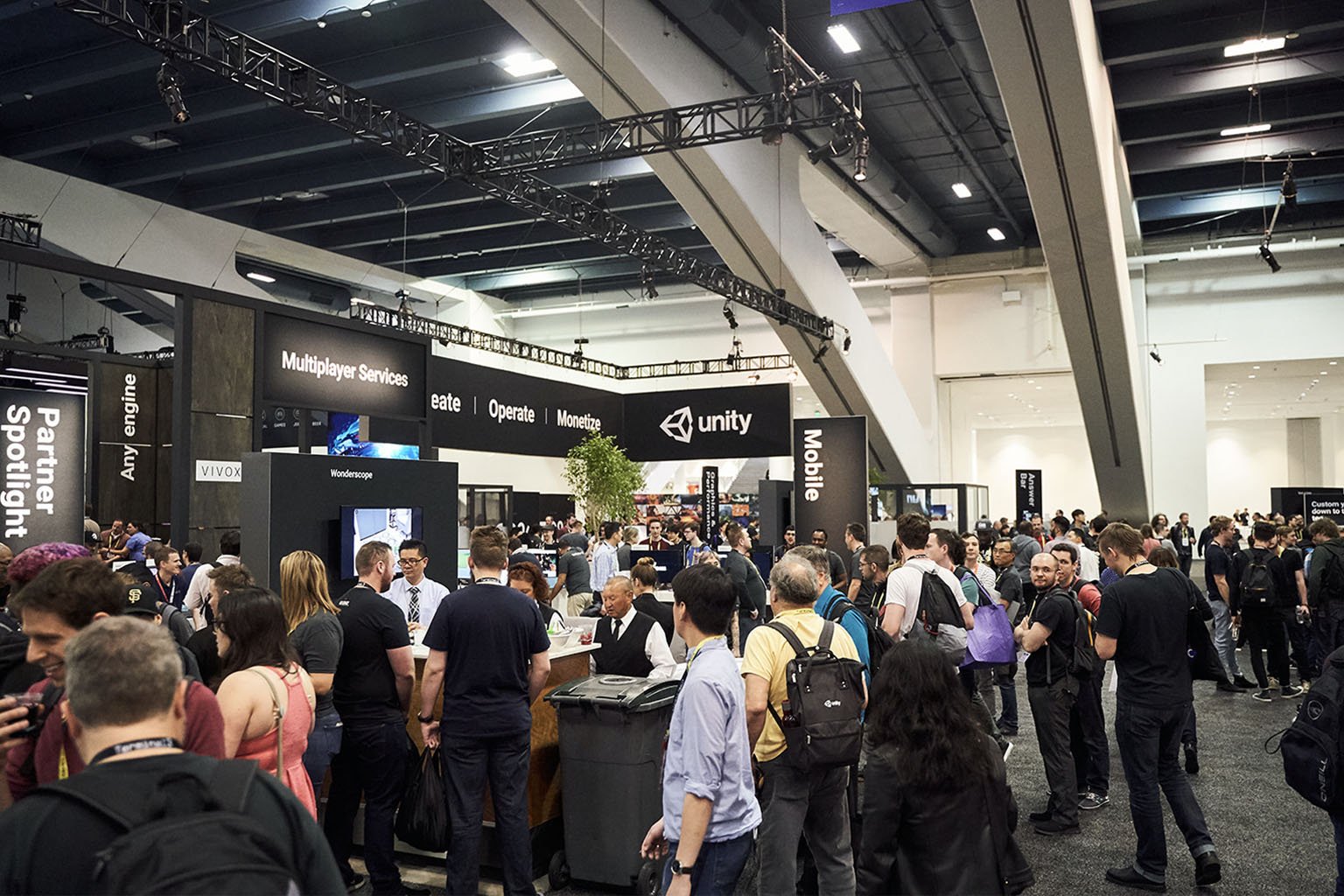Unity: A Divisive Decision
Photo Credit: Unity
“I am sorry” is how Unity Create President Marc Whitten began an apology letter, just over a week after the company introduced their controversial payment structure update. Unity, the largest game development engine in the world, walked back much of their decision following immense outrage from the game development community.
Unity has long been one of the most popular game development platforms. It has over 115 thousand projects on itch.io, a popular indie game distribution website. Additionally, Unity claims that over 60 per cent of game developers they surveyed used Unity. Its low entry cost and wide array of beginner tools are major contributors to its popularity.
However, its low cost has been a struggle for Unity. According to a letter to the company’s shareholders, Q4 2022 was the first quarter they ever posted an actual net profit.
This lack of profitability has driven Unity to search for new revenue streams to supplement their central business. This pressure was exacerbated when Unity became a publicly traded company in September 2020.
Unity’s current revenue model centers around their paid “Pro” and “Enterprise” plans designed for game development teams. These plans give users the ability to collaborate in teams, and it allows their games to be published on “closed” platforms like Xbox and PlayStation. Unity also offers a free “Personal” plan for solo game-developers and those just starting out in the industry. However, with Personal plans, users cannot collaborate on projects, nor can they publish their games on closed platforms.
On Sept. 12, Unity announced to the gaming community in a blog post that it would be implementing a new “runtime fee” that would be attached to every game installation made with the engine. Once a developer reached a certain threshold for downloads and revenue earned, they would have been charged a flat fee for each subsequent installation.
For Unity Personal users, once a game passed $200,000 USD in revenue and 200,000 lifetime installs, a $0.20 USD fee would be attached to every download. For Unity Pro and Enterprise users, after surpassing $1 million USD in revenue and one million lifetime installs, a fluctuating fee would be applied to every download, ranging from $0.15 to $0.01, decreasing with the number of installs.
The pricing model changes, which were announced unexpectedly, spawned immediate uproar. Some of the major issues raised centered on how the pricing disproportionately affected smaller developers, and the fact that the fees were still attached to games sold in game bundles at fractions of their original price. These fees could have tightened the already slim profit margins of small game-developers, and in some cases, forced them to take a profit loss on every sale.
Additionally, there was backlash over the fact that Unity itself would count the number of installs, rather than the developers reporting the installs to Unity. According to The Guardian, developers worried that they could be charged multiple times if people maliciously installed and reinstalled their game.
Possibly the most controversial element of Unity’s new pricing model was their plan to retroactively charge developers for past installs. This meant that developers whose games were published over a decade ago, with older versions of Unity, would still be affected by the runtime fee for new installations of their games. Additionally, all past installs and revenue would count towards the fee threshold.
With much of the Unity game development community against the new changes, the company decided to overhaul the runtime fees just ten days after their initial announcement. In a blogpost on their website, Unity announced that the runtime fee would only apply to installs after the changes come into effect in 2024, Unity Personal users would no longer have the fee at all, and that the installs would be self-reported.
The blogpost featured the formal apology from Unity Create president Marc Whitten. It was also later announced that Unity’s President and CEO John Riccitiello would be stepping down in light of the controversy.
While the new changes to the policies have begun to align with the demands of the developer community, the controversy has still greatly diminished many users’ trust in Unity. Game development is a volatile industry, with success often relying on outside factors. To many developers, the possibility of their game engine possessing the power to change the terms of their agreement at will is a concern.

